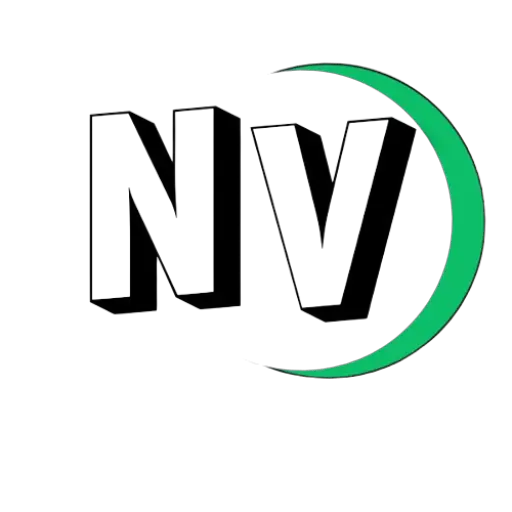The Nigerian National Petroleum Company Limited (NNPC Ltd) has released the estimated retail prices for petrol sourced from the Dangote Refinery, effective September. In this breakdown, Lagos residents will pay N950.22 per liter, marking it as the state with the lowest price. In contrast, Borno State will experience the highest cost, with a liter priced at N1,019.22.
In a detailed statement, NNPC’s Chief Corporate Communications Officer, Mr. Olufemi Soneye, outlined the varying prices across the country. Petrol in Sokoto, Oyo, and the Federal Capital Territory will be sold at approximately N999.22 per liter, while Kano will have a slightly lower price at N992.22. This new pricing system follows the commencement of petrol distribution from the Dangote Refinery, a significant step towards boosting domestic fuel supply.
This pricing disclosure follows a recent public dispute between NNPC Ltd and the Dangote Refinery. NNPC previously claimed that it had purchased petrol from Dangote at N898 per liter. In response, Dangote Refinery’s Group Chief Branding and Communications Officer, Anthony Chiejina, refuted this claim, labeling it as misleading and aimed at undermining the refinery’s achievements in mitigating Nigeria’s energy shortfalls. Chiejina urged Nigerians to disregard the NNPC’s statement and to await an official pricing announcement, which is expected to be released by the Technical Sub-Committee on Naira-based crude sales to local refineries on October 1, 2024.
The Dangote Refinery clarified that the current crude stock was purchased in U.S. dollars and sold to NNPC in the same currency. This transaction structure has reportedly resulted in substantial savings when compared to the costs associated with importing refined products. However, the refinery did not specify the exact price at which it sold fuel to NNPC, leaving room for speculation and further debate.
NNPC Ltd has emphasized that, according to the provisions of the Petroleum Industry Act (PIA), fuel prices are not dictated by the government but are instead established through direct negotiations between involved parties. They confirmed that for September 2024, payments to the Dangote Refinery were made in dollars. It was also noted that transactions in Naira will commence on October 1, 2024. NNPC has expressed its readiness to pass on any potential discounts from the Dangote Refinery directly to the public, ensuring transparency and fairness in the pricing mechanism.
The estimated pricing document provided by NNPC includes additional details about the cost structure. Alongside the base price of N898.78 per liter paid to the refinery, there is an added fee from the Nigerian Midstream and Downstream Petroleum Regulatory Authority (NMDPRA) amounting to N8.99, and an inspection fee of N0.97. Distribution costs in Lagos are set at N15, while a margin of N26.48 is also included in the total cost per liter.
These prices, though consistent in structure, will naturally fluctuate across different regions in Nigeria due to varying transportation and logistical expenses. This situation has reignited conversations about the deregulated market and how it impacts fuel prices nationwide, highlighting the need for further clarity and consistent communication from both NNPC and Dangote Refinery.
The distribution of petrol from the Dangote Refinery represents a landmark moment for Nigeria’s energy sector, signaling a shift towards increased domestic refining capacity. The commencement of local refining is expected to reduce the nation’s reliance on imported fuel, which has historically been a significant financial burden.
With the introduction of Dangote Refinery’s products into the market, the hope is that Nigeria can achieve greater energy security, ensuring consistent fuel availability across all regions. The engagement between NNPC and Dangote Refinery over the pricing and terms of sale is just one facet of the broader transition to self-sufficiency in petroleum products. As this transition unfolds, both parties are under public scrutiny to ensure that the benefits of this development are fully realized and passed on to Nigerian consumers.






